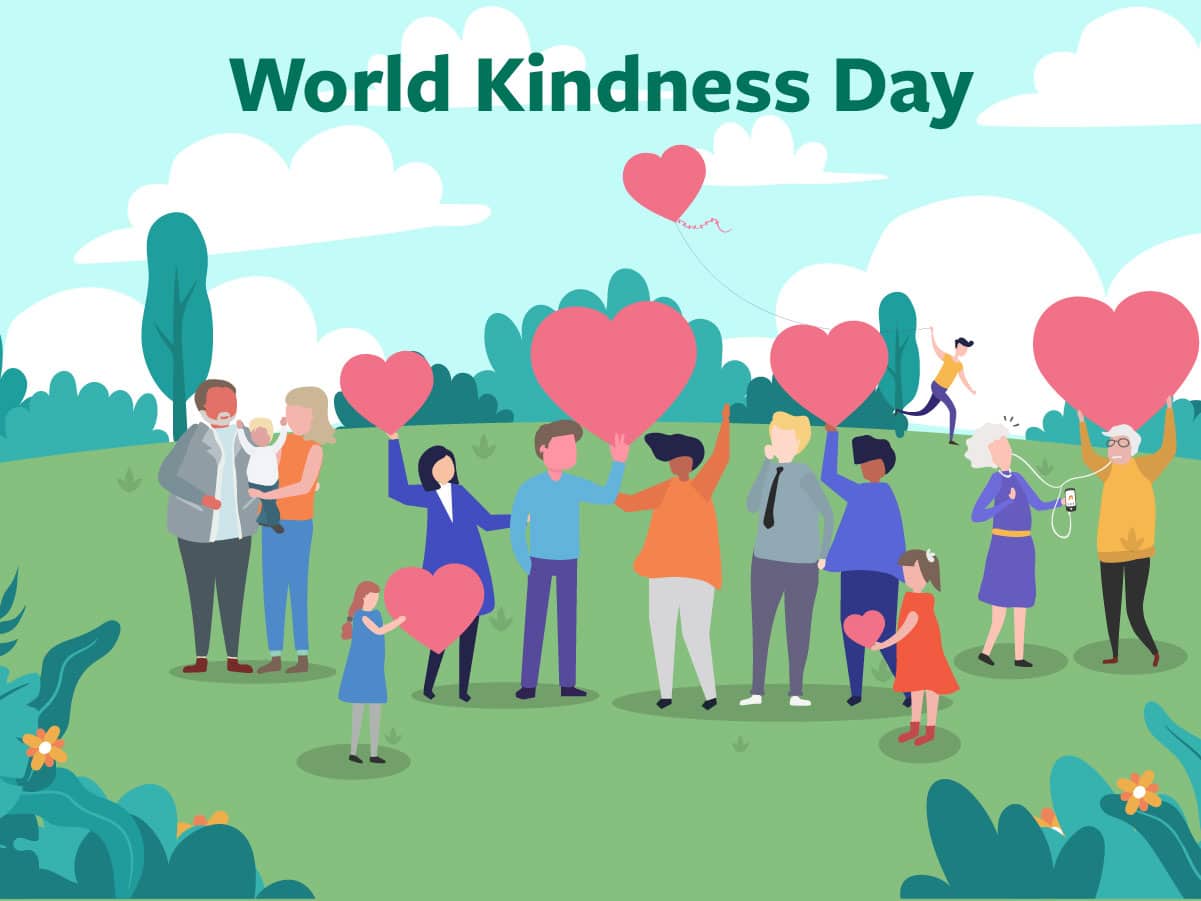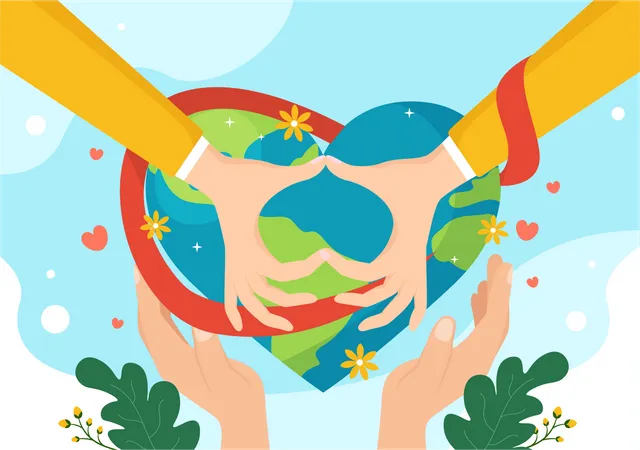World Kindness Day, celebrated annually on November 13, reminds us of the transformative power of kindness in our lives, communities, and the world. Founded by the World Kindness Movement (WKM), a coalition of kindness-focused organizations, World Kindness Day aims to inspire individuals and communities to practice kindness, emphasizing how small acts of compassion can foster unity and peace.
- Blogs
- General Knowledge
- World Kindness Day Inspiring Compassion Unity Worldwide 6734c0c6bdccdd0001d33407
World Kindness Day: Inspiring Compassion & Unity Worldwide
General Knowledge • 13 Nov, 2024 • 49,251 Views • ⭐ 4.0
Written by Shivani Chourasia

Origins, History, and Purpose of World Kindness Day
/local-samosal/media/media_files/2024/11/13/8jNlTmMozlQiXi9AcJOt.jpg)
The idea for World Kindness Day began in 1997 when the WKM was established at a Tokyo conference attended by like-minded organizations from around the world. By 1998, World Kindness Day was formally inaugurated, and today, over 28 countries celebrate the day with enthusiasm, aiming to create a ripple effect of goodwill and compassion.
At its core, World Kindness Day aims to build a kinder world. The WKM envisions a society where kindness is a fundamental principle, transcending cultural, geographic, and social barriers. The day serves as a reminder of our shared humanity and the power each individual holds to make a positive impact. Kindness may seem simple, but it is foundational to a peaceful, empathetic world where understanding prevails over conflict.
Acts of Kindness Across the Globe

From small gestures of kindness to global initiatives, the impact of kindness knows no bounds:
- Small Acts of Kindness: Simple actions like holding the door open, offering a smile to a stranger, or helping someone carry their groceries may seem insignificant but can have a profound impact. In Japan, for example, “omotenashi” (hospitality) is part of the culture, where acts of kindness are expressed through genuine hospitality and care for others.
- Large-Scale Kindness Initiatives: There are many examples worldwide of organized kindness initiatives. In the UK, the “Pay It Forward” movement encourages individuals to do good deeds for others, creating a chain reaction of kindness. Similarly, in India, the Robin Hood Army, a volunteer-based organization, redistributes surplus food from restaurants to feed the underprivileged, fighting hunger and fostering compassion.
- Global Kindness Challenges: Organizations like Random Acts of Kindness (RAK) Foundation and Kindness.org have launched global challenges, encouraging people to engage in kindness-focused activities and track their impact. These efforts aim to show how a single day dedicated to kindness can lead to long-lasting changes in behavior and attitudes.
The Science of Kindness: Health Benefits

Kindness has a profound effect on our mental and physical well-being. Studies reveal that practicing kindness releases oxytocin, a hormone that helps reduce blood pressure and inflammation, improving heart health. Acts of kindness also stimulate serotonin and dopamine, the "feel-good" neurotransmitters, contributing to reduced anxiety, stress, and depression.